
The Path to Success as a 3D Character Artist: Passion, Perseverance, and Continuous Learning in Game Development
Game Academy Alumna, Manon Costa, shares her journey into her current role as a 3D Character Artist in the video games industry.
This blog explores the experiences of 3D character artist, Manon Costa, working for a Spanish video game studio, from her childhood passion for video games to her education at Game Academy, and journey to her current role. Manon also talks about the importance of passion, perseverance, and constant learning in a constantly evolving industry.
I’m currently a 3D character artist, meaning that I get to create a 3D model “animation ready” based on a concept that was given to me.
I’m working at 30 Parallel Games, a Spanish video game studio. We are working on video games for various platforms. I obviously can’t tell more for NDA reasons.
I believe it goes back from when I was a kid. I grew up with games like Legend Of Zelda, Xenoblade Chronicle, Final Fantasy, Pokemon and so on. I remember asking myself “How are video games able to make me dream like that?”. It’s my curiosity that pushed me to work in this industry!
And not only do I now know how video games are made, but I also get to be one of the people that make them, and I can hopefully share my passion to make people dream like I did.
I don’t have a lot of experience yet, so my biggest break was once I received my diploma. Even then, I prepared a lot to complete my portfolio and look for an internship. Luckily, I had an internship not long after!
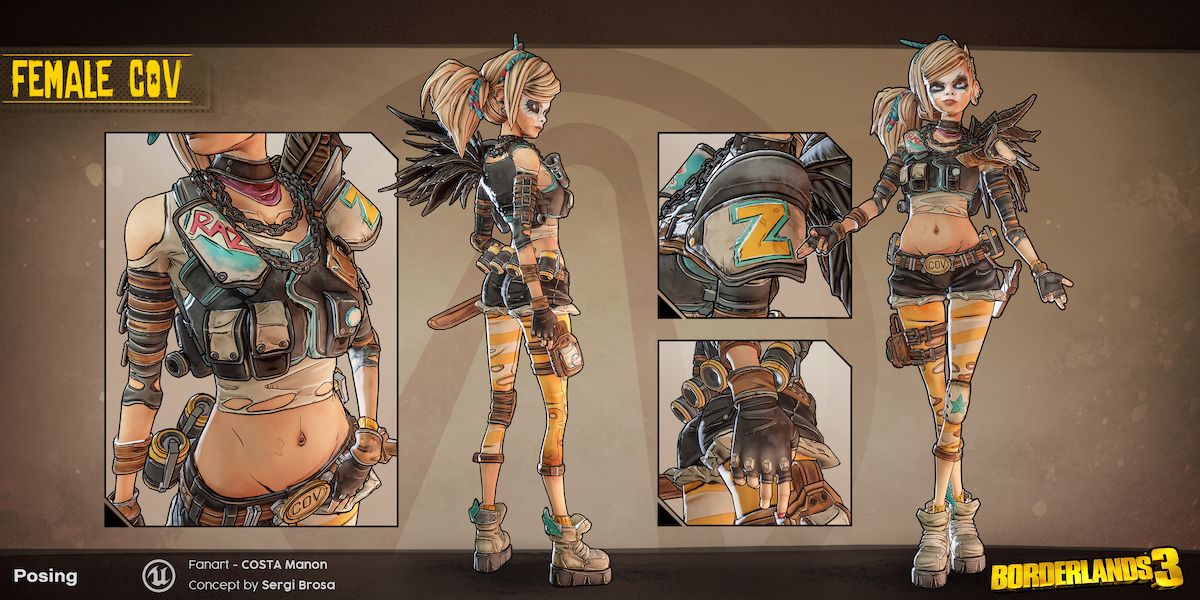
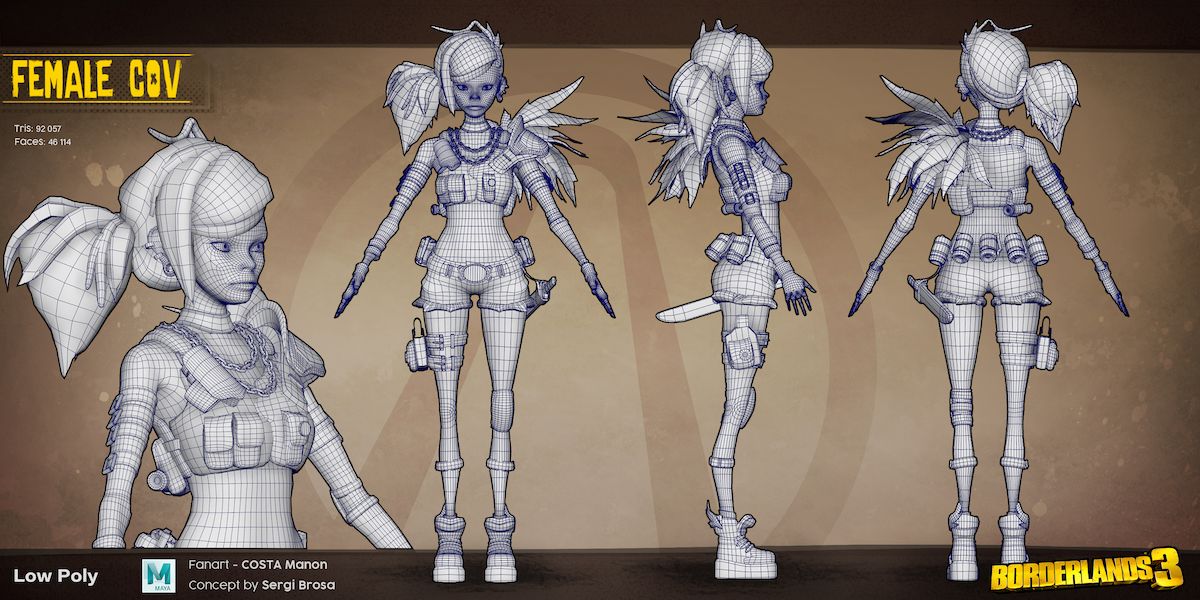
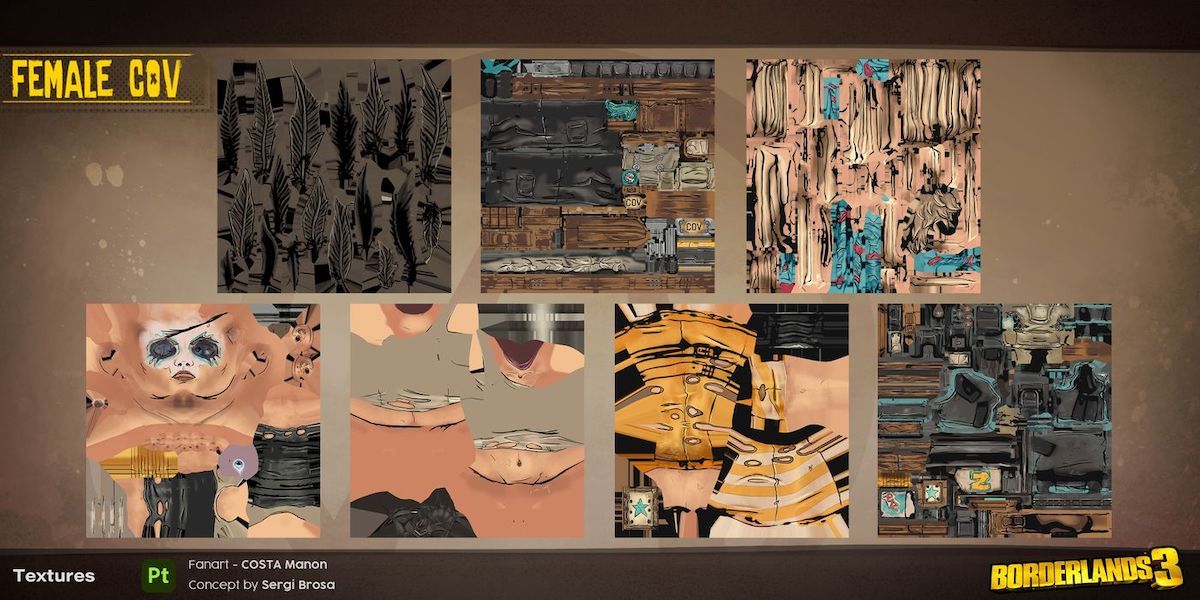
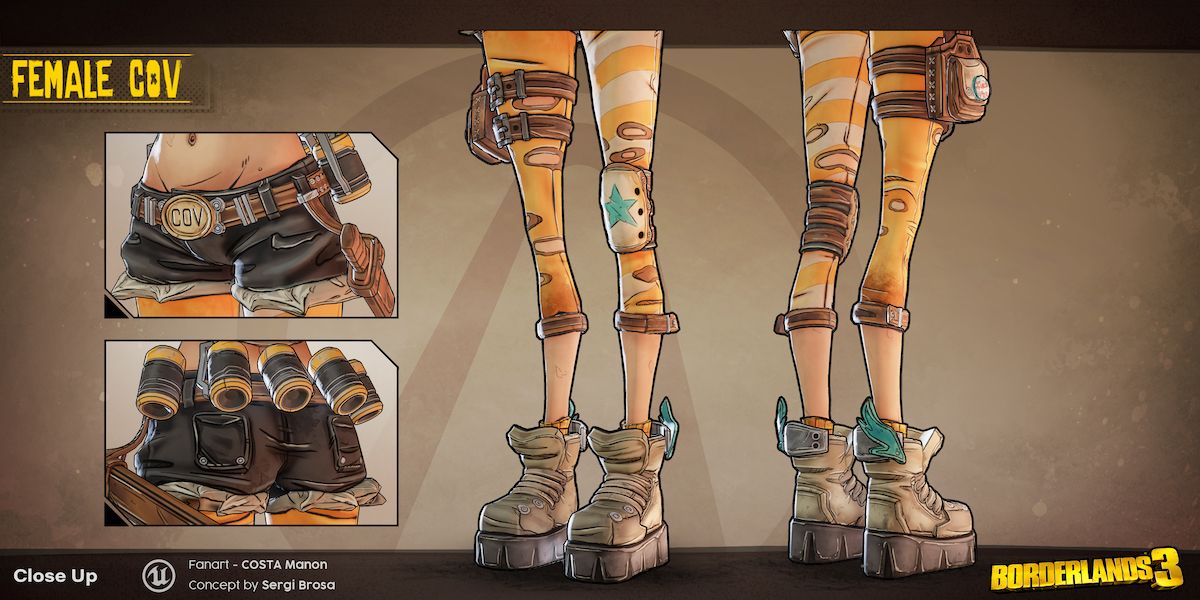
Initially, I had landed an internship at another studio after acing their entrance test. However, due to financial constraints, they couldn't offer me the position. It was a tough setback, but fate had other plans for me. Miraculously, my school director informed me of an exciting opportunity at 30 Parallel Games just three days later! After a successful interview, I began working for the studio the very next day. It was an emotional rollercoaster, but I was ecstatic to discover that some of my classmates were also employed by the same company. Needless to say, it was a dream come true!
I discovered the school at a convention and was immediately impressed by the quality of their work and the great rapport I had with them.
There aren't many schools that teach the complete video game production pipeline, but fortunately, Game Academy was within my reach.
Despite being a relatively new school at the time, I knew it was the right choice for me and applied without hesitation.
I would recommend Game Academy for the quality of learning. I arrived there with no knowledge of 3D, and they truly made me love it.
The teachers at Game Academy are passionate about their field of work, and even tho it’s hard, they push you to your best.
Growing up, I had a natural inclination towards art and pursued it academically by obtaining an artistic Baccalaureate. However, my education lacked the technical expertise required for 3D art.
This is where Game Academy came into play - they provided me with the knowledge and skills needed to excel in my career. In addition, they taught me how to channel my creativity towards practical projects. While education plays a vital role in shaping one's career, one's eagerness to learn and dedication towards achieving their goals are equally important.
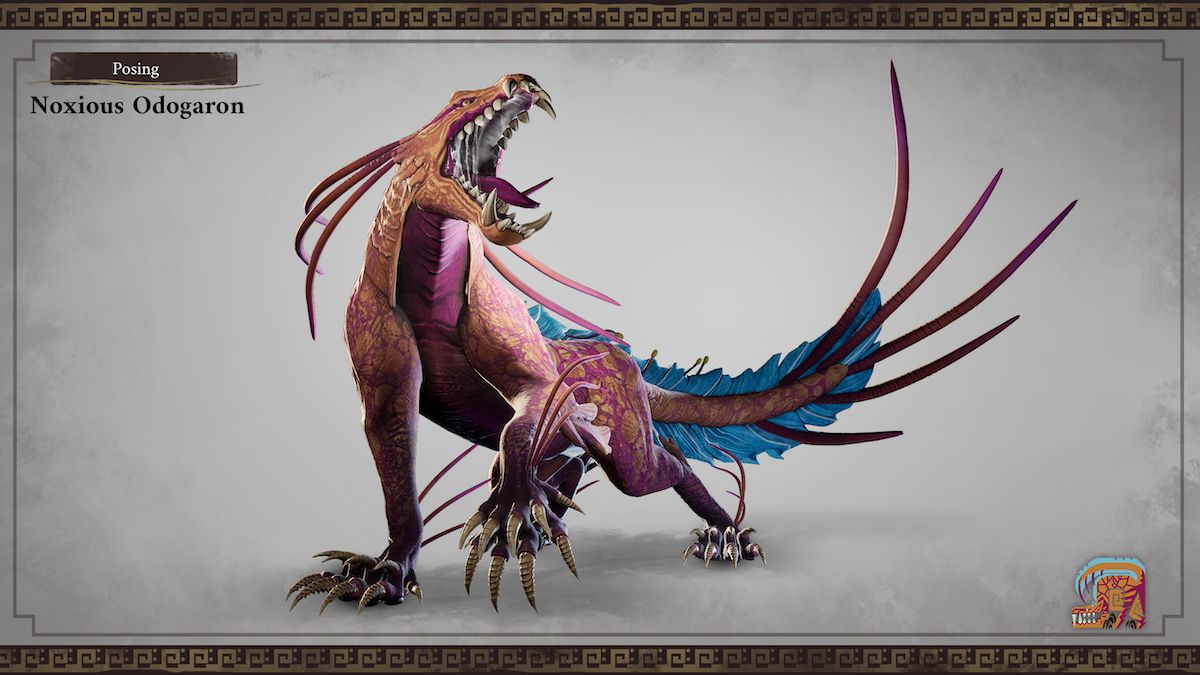
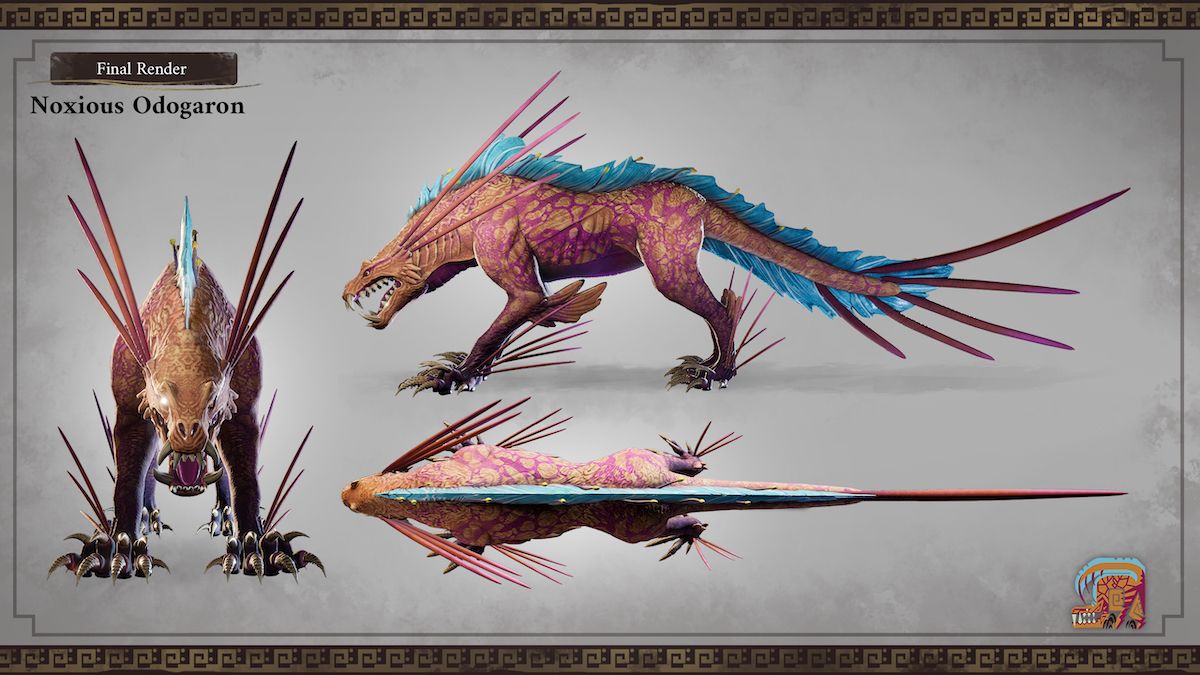
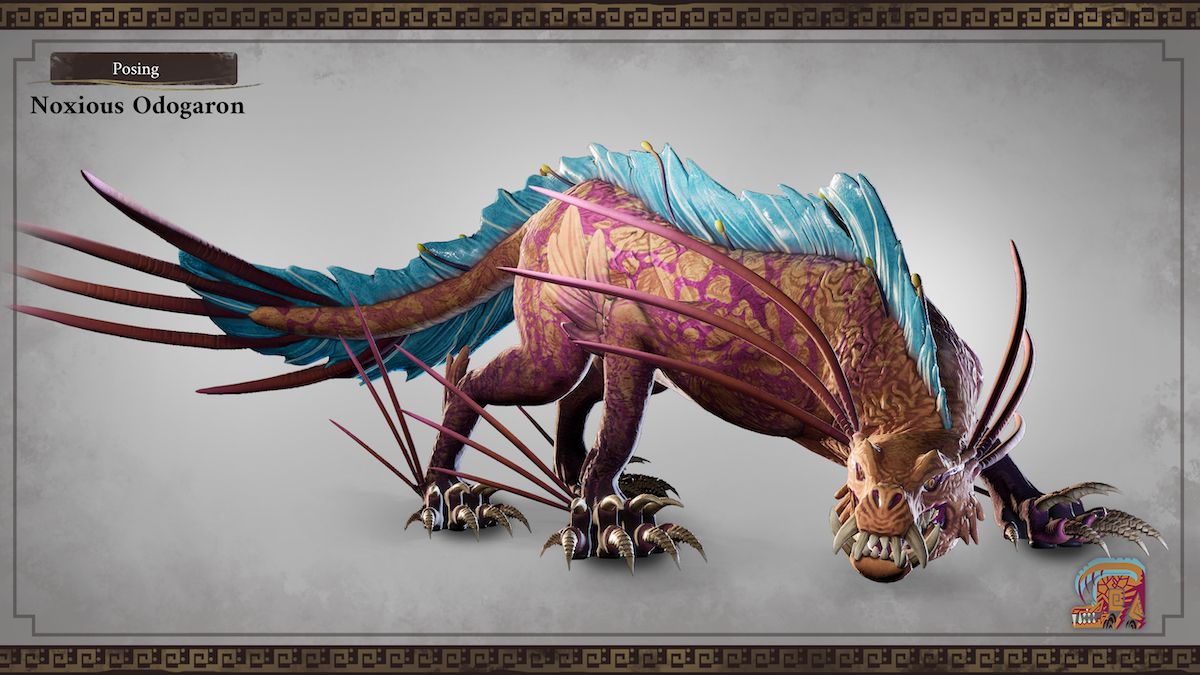
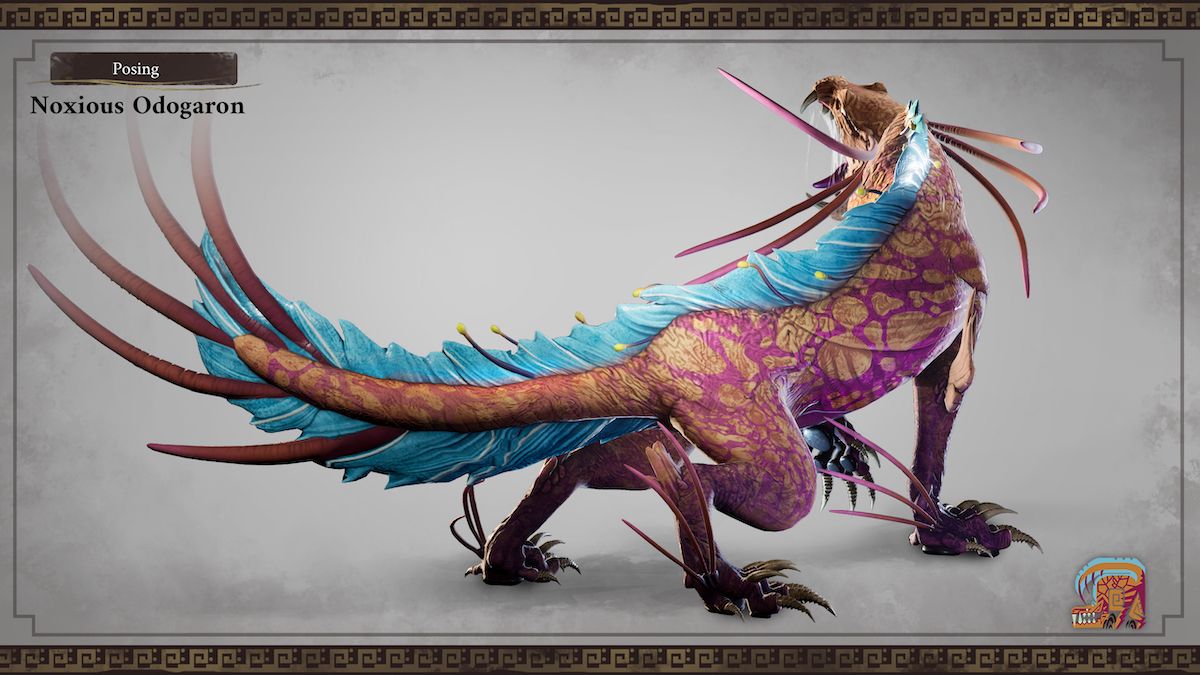
Being my friends, my teammates and I all go on a vocal server by 9am. We all work on our own tasks, but don’t hesitate to share our problems if needed. Sometimes, multiple heads are better than one.
We have a daily reunion at 4pm with our Art Director, this way he can check on our work, he gives us feedback and tasks for the next deadline. We also have a weekly appointment with the studio and our boss on Friday, so everyone can be on the same page for the week to come!
Our work as 3D artists may involve Unreal Engine5, Unity, Zbrush, Autodesk Maya, and the Adobe Creative Suite ! I know some of our developers are using Perforce and other software to develop, but my knowledge is limited in that regard.
For a character, I’m usually given 2D Concept Art that needs to be modeled. I always start from the high poly mesh on Zbrush, and some retopology in Maya for the low poly. Once done, I have to do the UVs (still in Maya) before I move on to Adobe Substance Substance 3D Painter for the texture work.
I usually also do the animation preparation, which involves some basic rigging and influence painting, so the animators can work on it right after me.
I’m obviously very close with the Art Department team, and I get to talk every day with our Art Director. I also get to work closely with the developers and animators.
Having great communication skills to use within your team is essential for in-game integration.
I won’t say that trends really change the nature of my role as a 3D character artist. But the never ending evolution of technologies means it’s important to always stay updated on the matter.
Funny enough, the fact that my job is always changing! Being in the 3D industry, our software always have new updates and new technology to experiment with! It’s a never ending learning process, and that’s what I love about my job.
The only big downside is the fact that our softwares are never truly stable. Working on the latest version also means working with all the instabilities the new features can bring. It’s always a challenge to find a way to bypass some technical issue, but I guess that’s what makes the job even more interesting.
Absolutely not. As long as you have the desire and a good capacity to learn, then you’re good to go. But logic is very important in this field, and so are languages. Being French and working with people from different parts of the world, the English language is a must. So I’m glad I always listened in my English class!
But to be honest, watching series, reading and playing games in English may have helped me even more. There’s always an enjoyable way to learn.
I wish I knew how important it is to have knowledge about hardware. Understanding how your computer works is capital when you’re working in the 3D industry. The software can be very tricky to use if you don’t take your machine limitation. It’s our working tool after all.
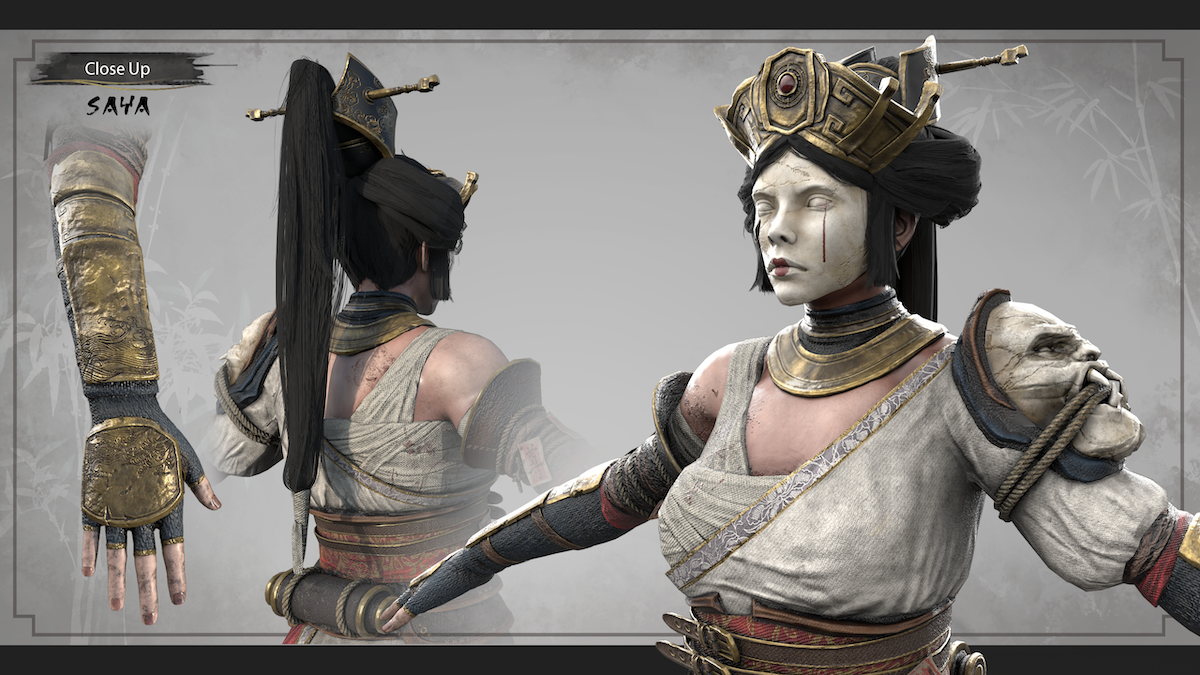
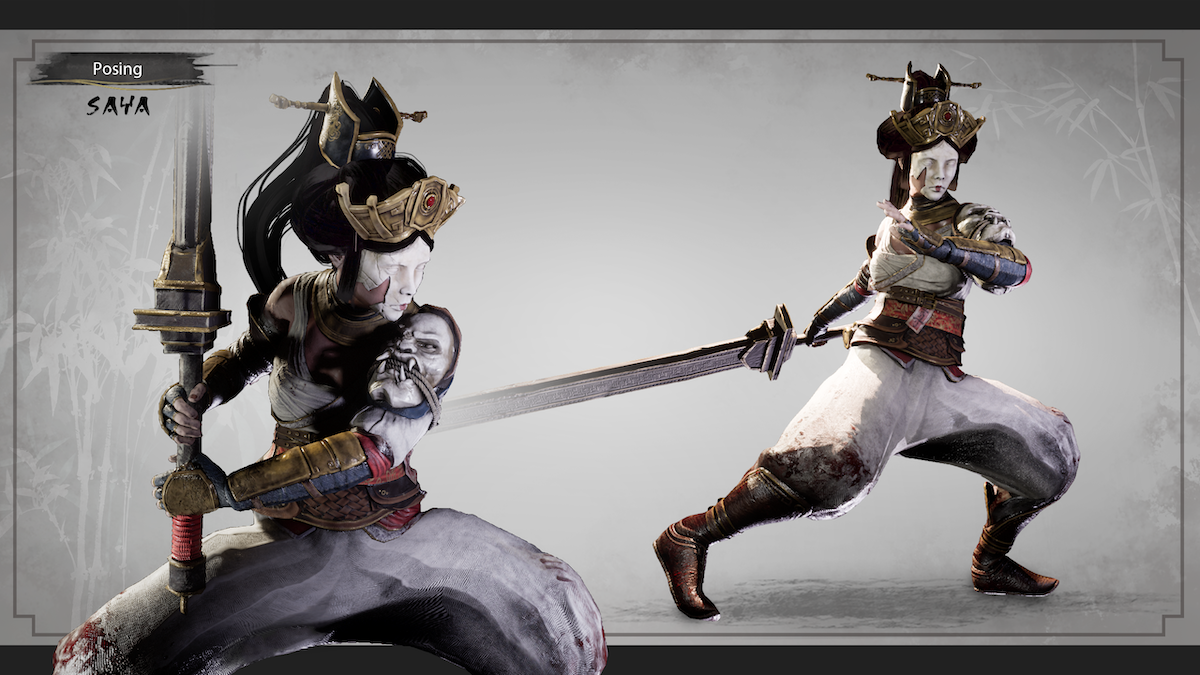
At first, it’s a lot of optimisation of an already existing model. It can go from character to environmental asset. Then you get to work on your first new models for the game. Being in a small team, it’s important to know how to do a lot of different tasks!
I believe it’s important to have a positive attitude toward your work. Even if you may not be assigned to a task that you like. In a team, it's important to remember that you all are working for a common goal.
Pop culture, movies, series, games that I play and so on…. When an artstyle catches my eyes, I need to know how the look can be made. It involves a lot of observation.
My friends and I often surprise ourselves by stopping an activity in a video game just to understand how a texture can be done, what makes a scenery so good, how does this character's clothes react to each movement, what post-process effect can be used to achieve a certain look etc…
Definitely a personal project. Something that represents what you personally like, and that allies your technical field.
Do not stop producing. In order to progress, training is the key. So don’t be afraid to produce as much as you can. Not all of your work needs to be perfect in your eyes. As long as you keep training, that’s what matters.
I would also recommend stepping out of your comfort zone. You’re struggling with perspective? Then go for it! Don’t hesitate to do a ton of projects about what you lack..
And finally, to seek constructive criticism on your work. For me, one of the best ways to progress is to listen to feedback.
Please give your sleeping time more value. It’s easy to overwork and forget to take care of yourself. But your work doesn't have to be perfect, it’s ok to take a break in order to come back more productive. So yeah, a bit more sleep and family time won’t make your effort veins!
Since middle school, Manon had a passion for the arts, but it wasn't until she completed her Design and Art baccalaureate that she realised she needed to pursue a career that truly inspired her. As someone who grew up with video games, the idea of working in the creative media and entertainment industry felt like a natural fit. Now, Manon has the incredible opportunity to work in a field that she is truly passionate about.
You can find more of Manon's work on The Rookies, ArtStation and contact her via LinkedIn.
You can also learn more about studying at Game Academy here.